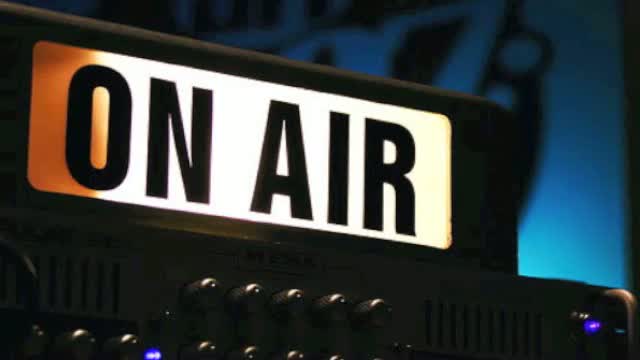Any person who has been involved with radio for an extended period of time knows that there are a few cardinal rules on how to present on the radio, but just in case you are new to the business, or simply need to brush up on your skills, read on for the absolute top rules on radio presenting, compiled by veterans of the business.
- The maximum time between periods of mentioning your station name is 15 minutes. Do it even more if possible. If you are playing a block of songs make sure to use radio imaging regularly.
- If you are not hitting at least one of these three things in your commentary: Trivial, topical or relevant information, then you are not making engaging radio.
- Know where you are. Local listeners want to listen to someone who knows their area, you should have a broad knowledge of places and events happing in the region, and be able to say all the names correctly especially those trickier Te Reo ones.
- Break out your descriptive language and imagery, you only have your words and produced sound to create an experience for your listeners, use liberally.
- You’re a family. Never forget that the support team, news and sports presenters are all there to work with you in creating a full listener experience. Treat them well; they are just as important as the announcer.
- Nothing sounds as unprofessional as when an announcer yammers on with no real purpose or logical conclusion. Think about who you are aiming your message at and what you want to say prior to getting on the air. Stay clear, concise and if the worst comes to the worst, just hit play on the music.
- In a similar vein, try to keep the information to one key point per segment, humans can only process a moderate amount of information at once so don’t over complicate things.
- Keep your listeners on the hook by promoting into the next upcoming item. Always be thinking forward, teasing them into staying listening.
- Make sure you know all the ins, outs, rules and limitations of any contest or promotion and exactly what your role is during its run.
- Double check any scripts before reading them live, finding mistakes or problem while on air interrupts flow and looks unprofessional.
- Your scheduling program is great but not perfect. Prefade all tracks to avoid messy talking over any vocals.
- Talking about the upcoming weather is as boring on radio as it is in small talk on the street. Just short informational snippets about imminently occurring weather will work. Exceptions include the potential for extreme weather or occasions when people like to know well in advance, like Christmas.
- Never mention rival presenters or stations, including during newsworthy items. The only station that needs your publicity is yours!
- Let songs end properly before speaking; don’t ruin your listeners audio experience grooving away to their favourite song. If it’s a fade out wait an appropriate amount of time to a natural point.
- You shouldn’t criticise the music, even if you can’t personally stand it, the music is as representative of the station as you are. But feel free to talk up big the tracks you love, enthusiasm is catching, negativity drags everyone down.
- Be nice to your listeners, they are the reason you are there. Be friendly and professional, it’s the best way to develop a loyal, interactive community of fans.
- Don’t leave your listeners in the lurch if you have moved a show to a different time. Discuss the change at its original broadcast time, let them know they haven’t been abandoned and when they can tune in to catch their favourite show. Make sure you sound upbeat about the move to your listeners.
- Regularly check your correspondence, emails and social media during the show. What if one of your listeners or contacts has a new original angle or update that you could use during the broadcast. You could be the first to report on it.
- Remember your role as a presenter is to be a trusted friend and entertainer on your station and in the community. Respect the power and benefits that come with this role.
- Always present as you are talking to a friend one on one rather than a larger audience as it makes the experience more intimate and engaging to listen to.
- After an ad break, always play a song preceded by Radio Imaging
- Consistently air check your performance. Always be your toughest critic.

To follow up, a few points to make every day as breezy as possible for yourself.
- Never be too satisfied, there is always something you can be working on to improve.
- Be social, meet and engage with your listeners, treat them like friends.
- The studio is a professional space, no social lollygagging.
- Keep yourself informed, read the newspaper, always be listening.
- Have prizes sourced well before any promotion commences.
- Work hard to be the best presenter you can be. (Spoiler alert: You aren’t there yet.)
- Treat everybody kindly and professionally. Listeners, co-workers, everyone.
- Always present as you are talking to a friend
- Have plans is place for the worst scenario.
- Look after the equipment.
Facebook Comments Box
